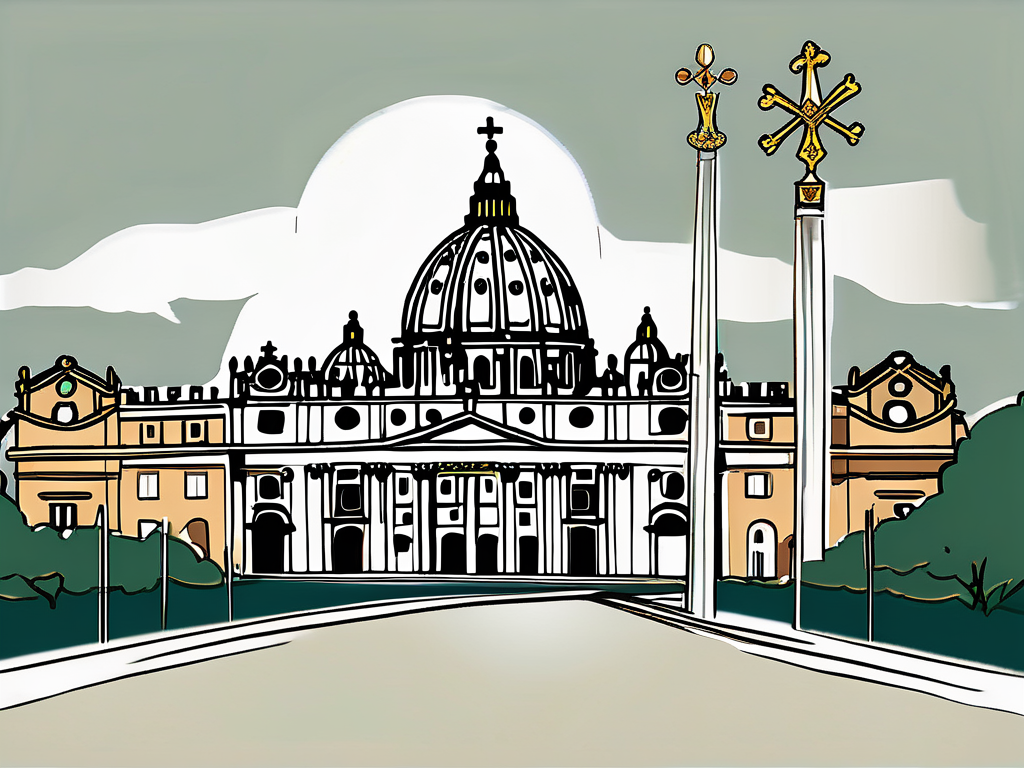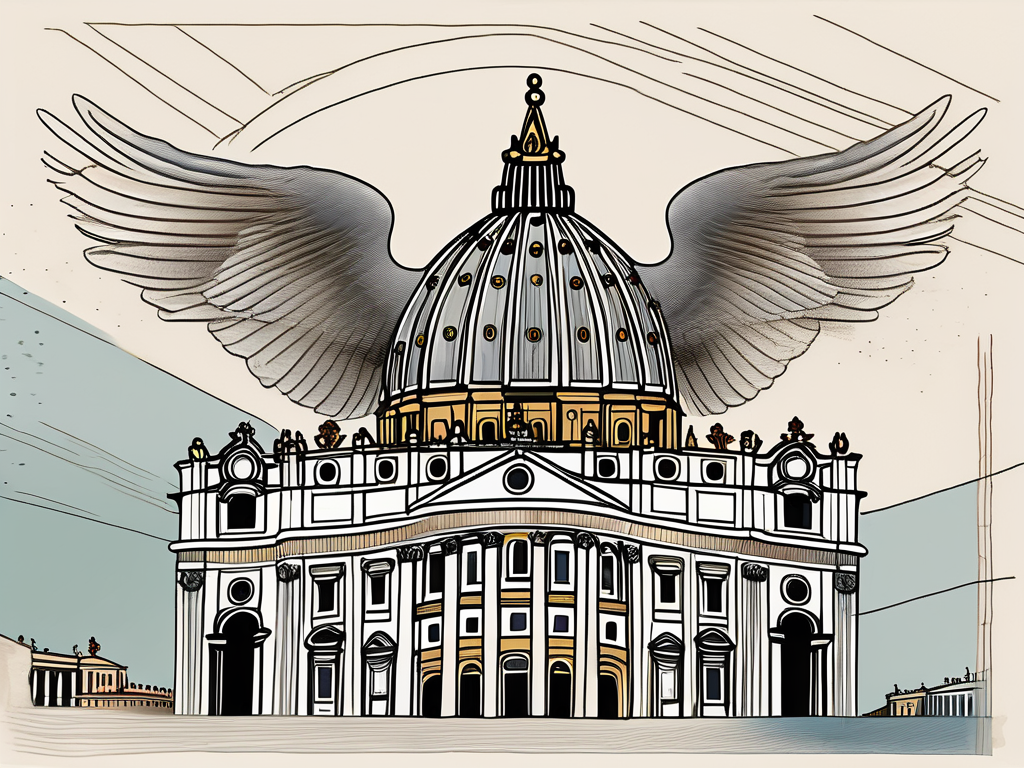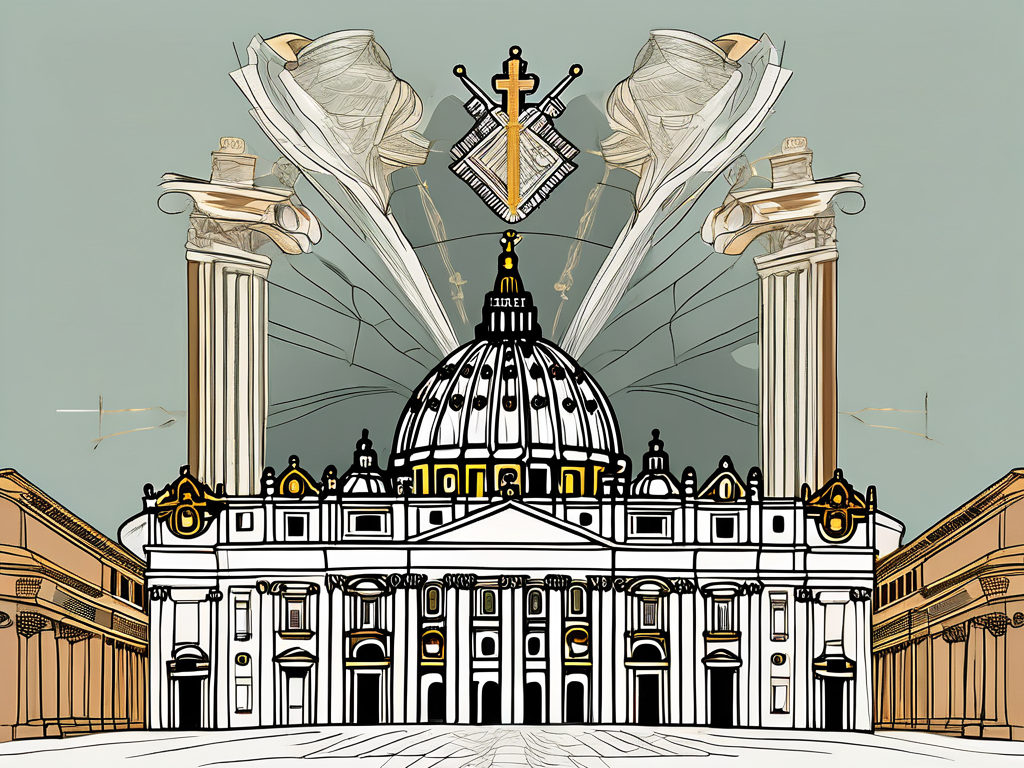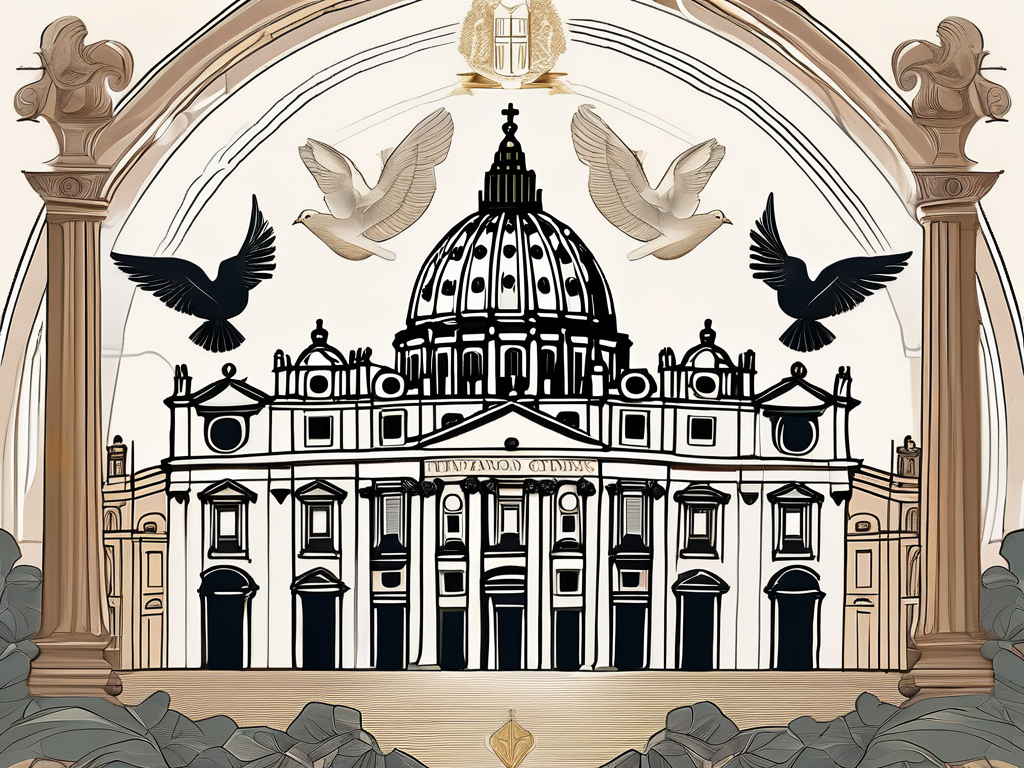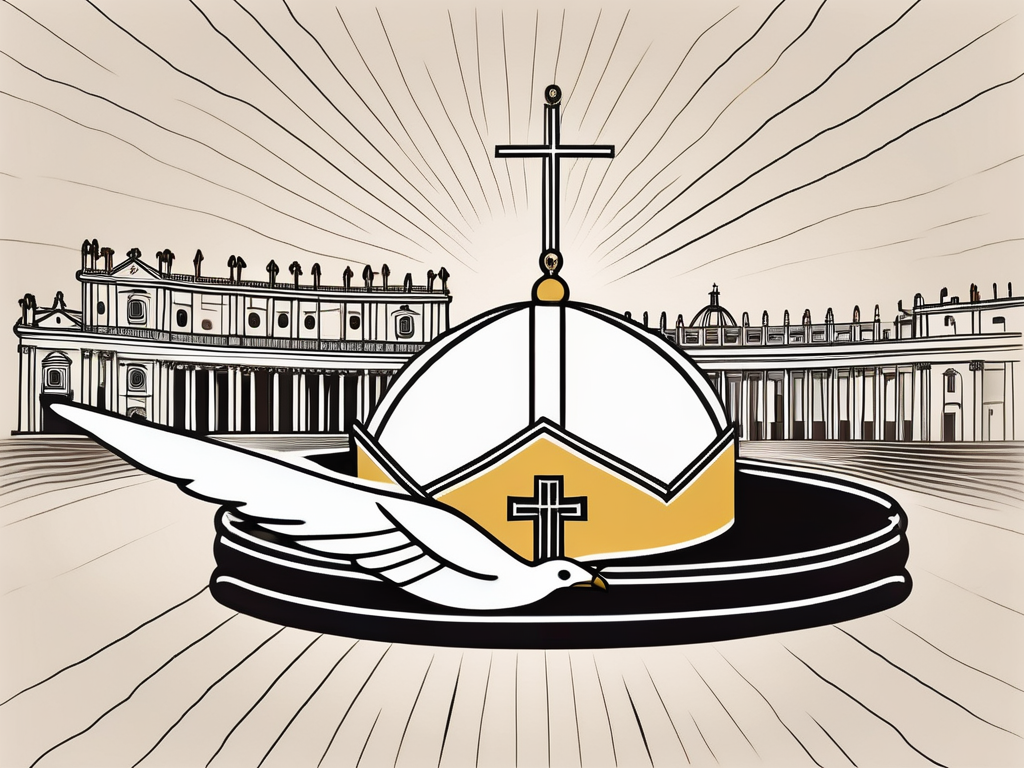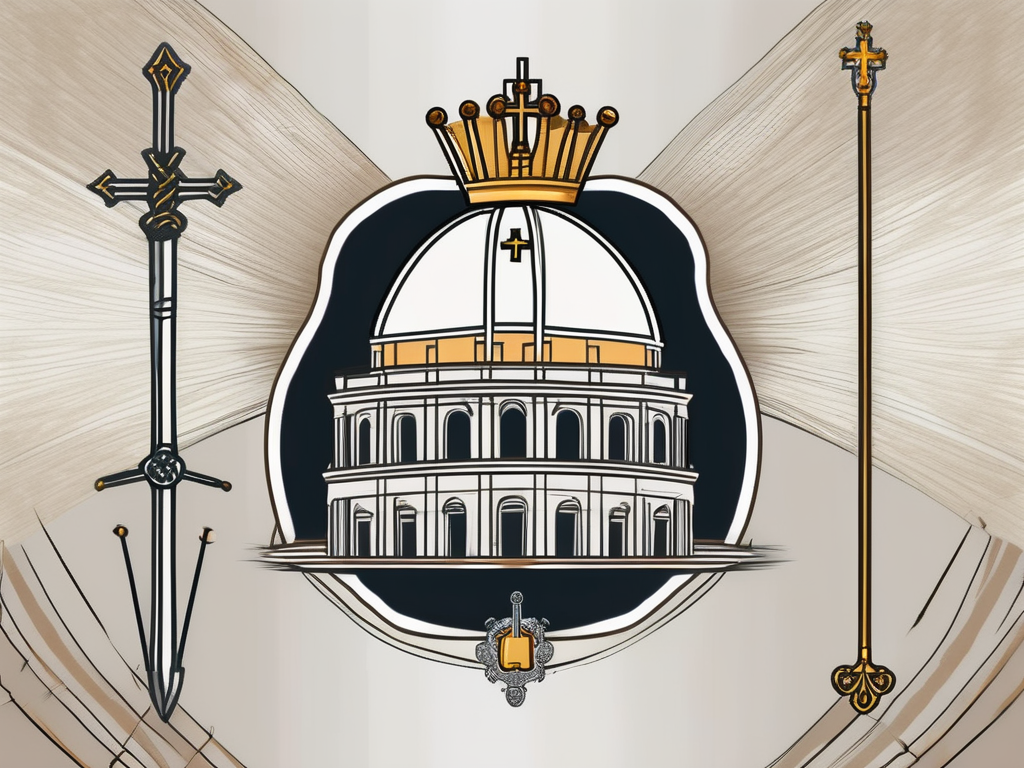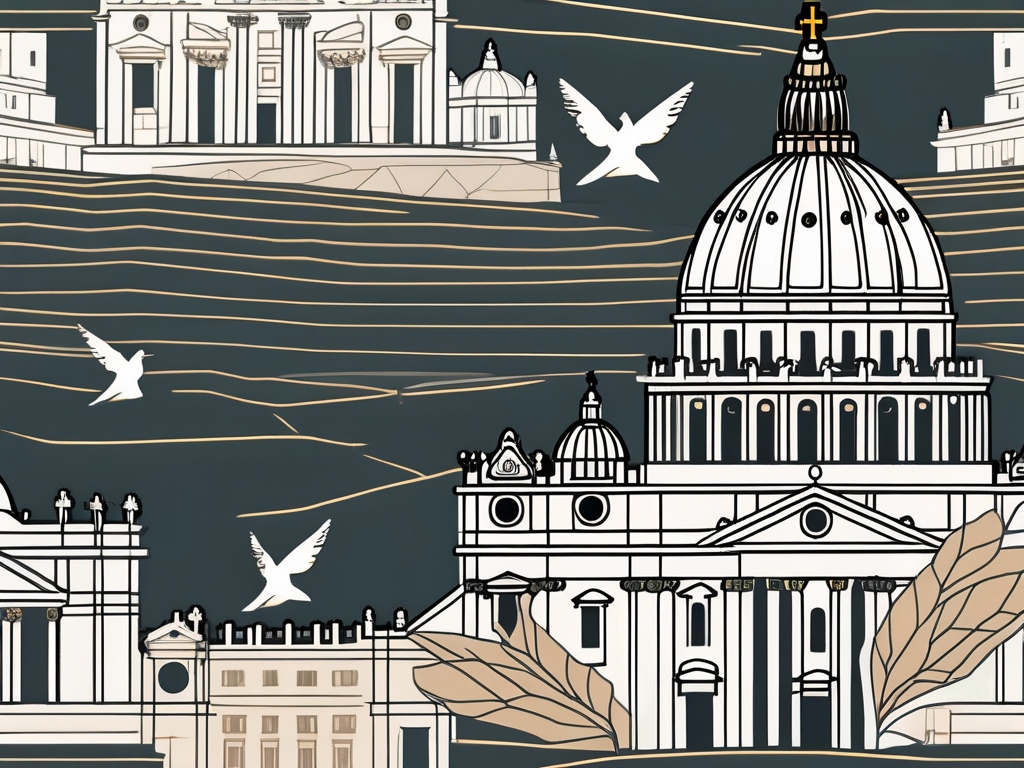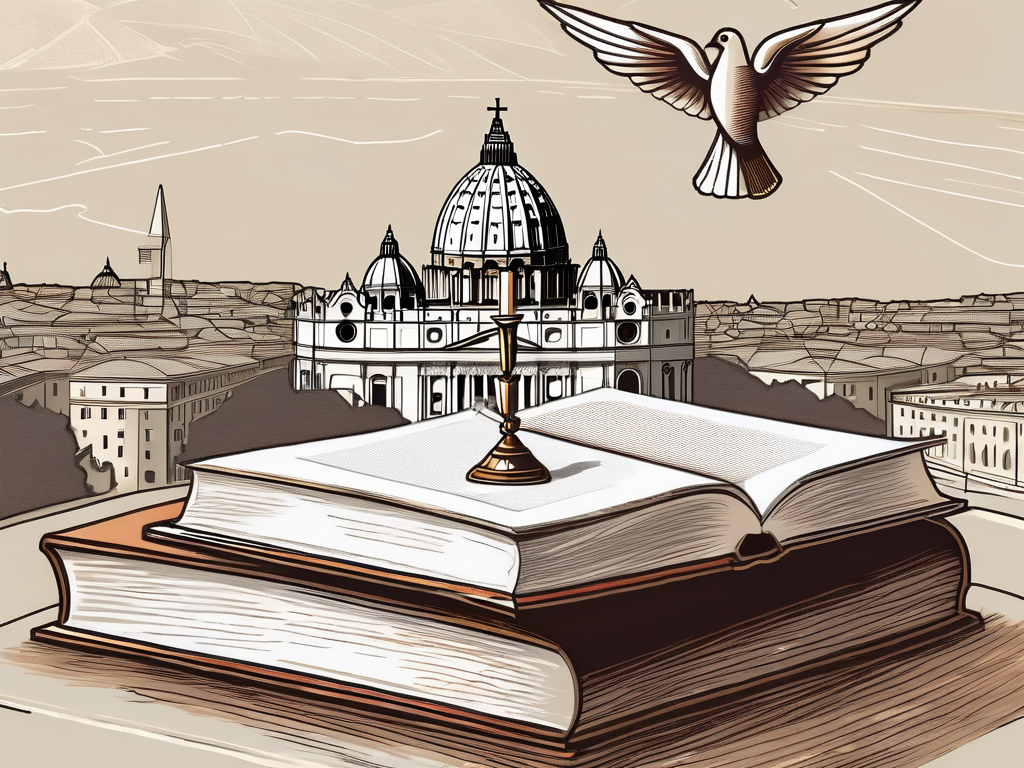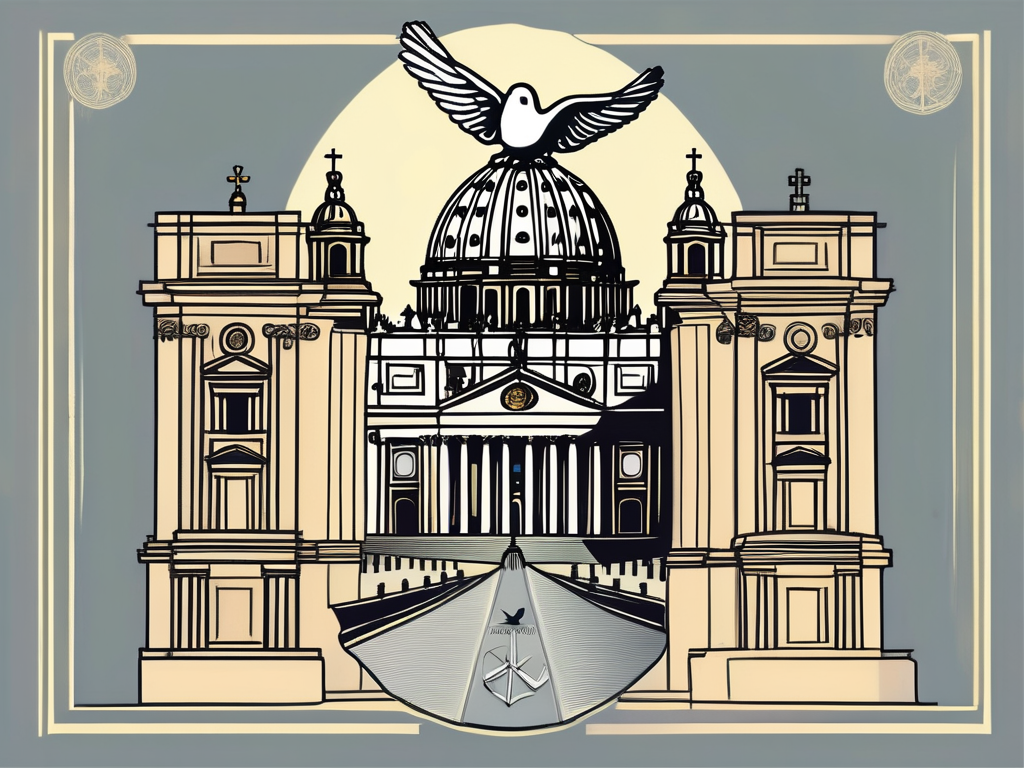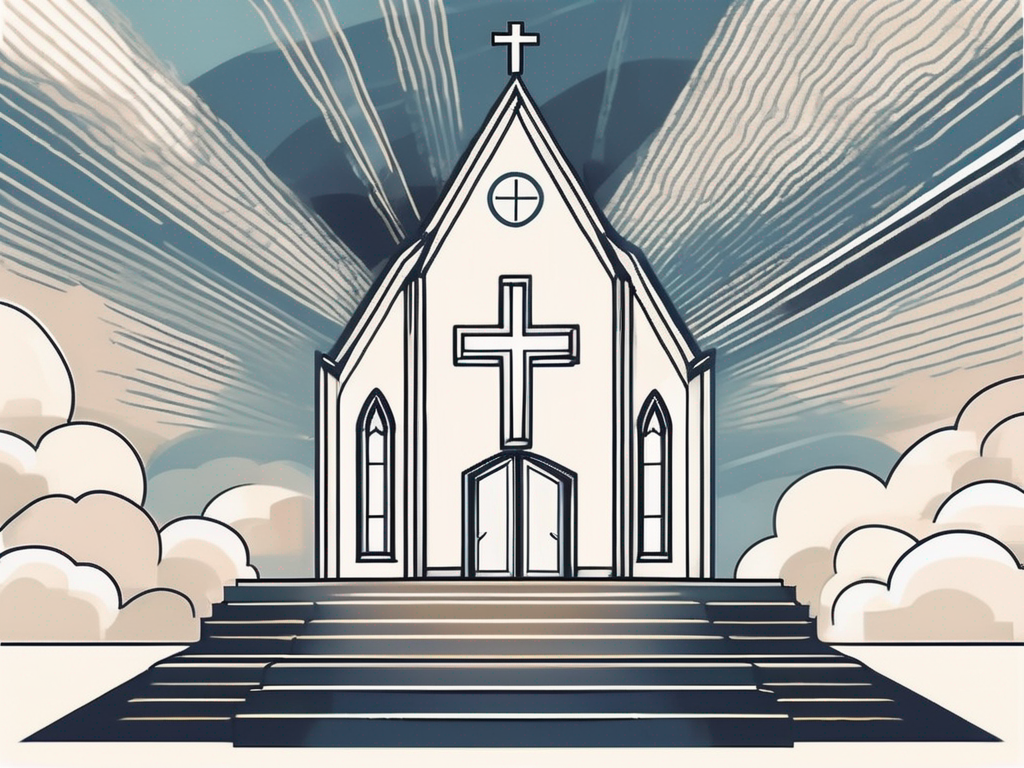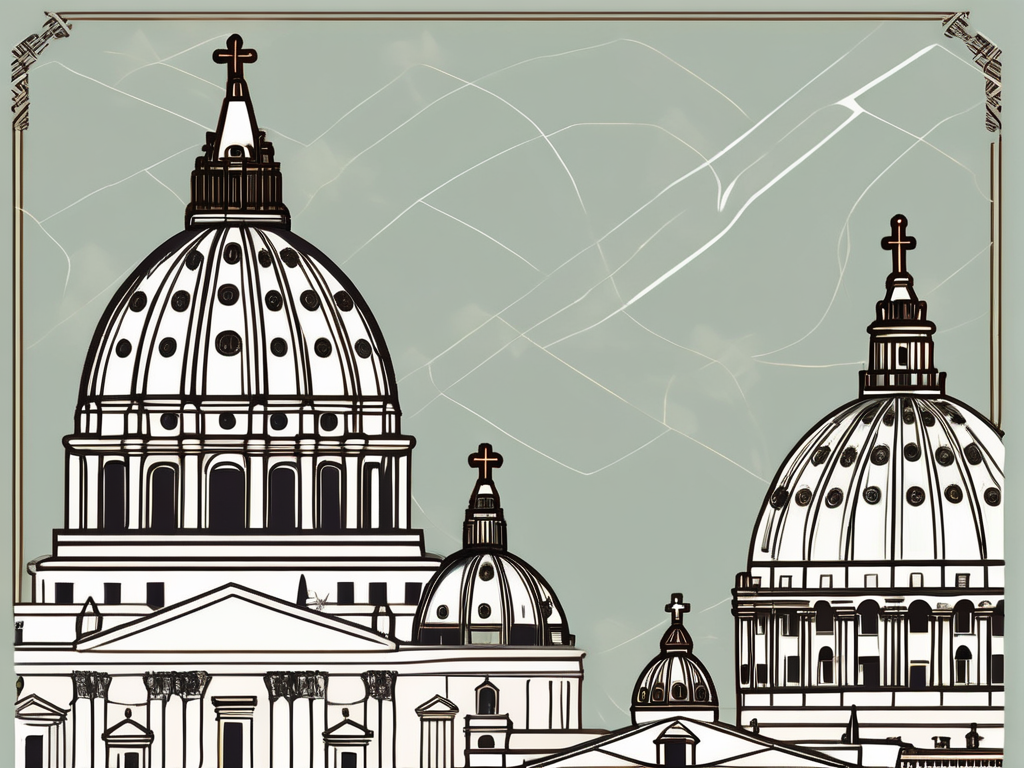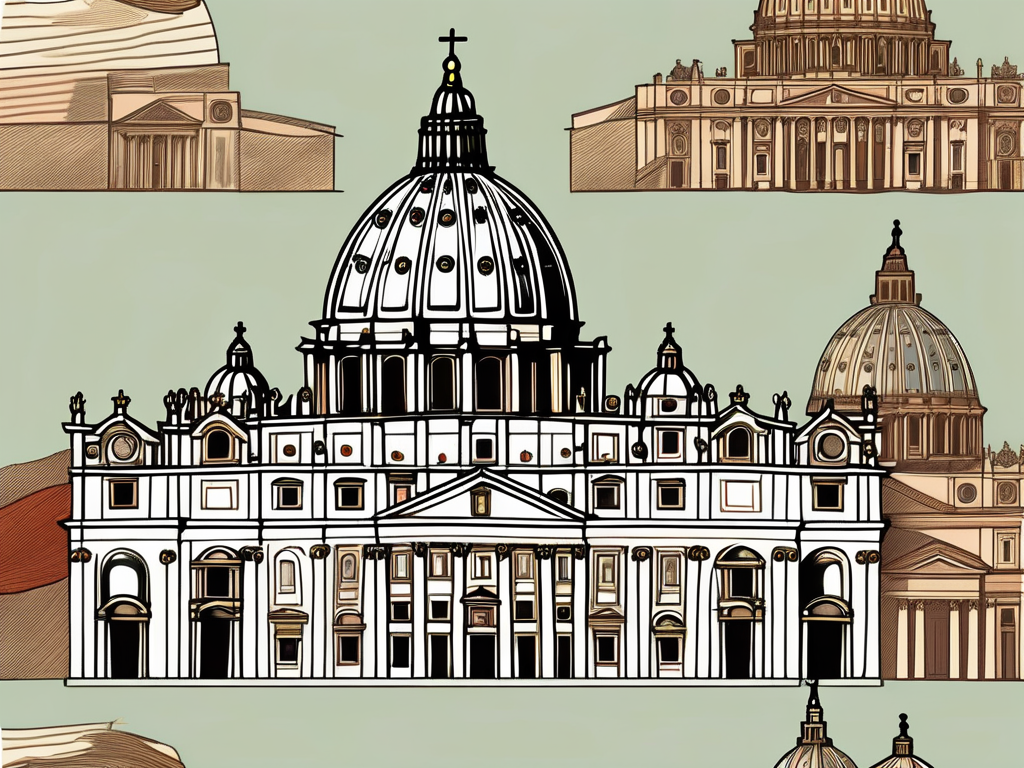Pope Gregory XVI was a prominent figure in the Catholic Church during the 19th century. Born into a devout family, he dedicated his life to serving God. His ascension to the papacy marked a significant period in Church history, during which he made key decisions and implemented policies that shaped Catholic doctrine. This article explores the life, contributions, and controversies surrounding Pope Gregory XVI, and sheds light on his influence on global Catholicism.
Early Life and Education of Pope Gregory XVI
Birth and Family Background
Pope Gregory XVI, born Bartolomeo Alberto Cappellari, came into the world on September 18, 1765, in a small Italian village. He was the son of humble parents who instilled in him strong religious values from a young age. This solid foundation would guide him throughout his life.
Growing up in a close-knit community, Bartolomeo experienced the warmth and support of his family. His parents, Giovanni and Caterina Cappellari, were hardworking individuals who made a living through farming. They taught their son the importance of humility, compassion, and devotion to God. The village itself was a tight community, where everyone knew each other, and faith played a central role in their daily lives.
From an early age, Bartolomeo exhibited a deep sense of spirituality. He would often spend hours in prayer, seeking solace and guidance from a higher power. His parents recognized his fervor and encouraged him to explore his faith further.
Education and Spiritual Formation
Bartolomeo’s thirst for knowledge led him to pursue a seminary education. He enrolled in a local seminary, where he delved into the study of theology and philosophy. His exceptional intellectual capabilities quickly became apparent to his mentors, who marveled at his insatiable appetite for learning.
During his time in the seminary, Bartolomeo immersed himself in the works of renowned theologians and philosophers. He devoured the writings of St. Thomas Aquinas, Augustine of Hippo, and other great thinkers of the Catholic tradition. His dedication to his studies was unwavering, spending countless hours poring over ancient texts and engaging in lively debates with his peers.
As Bartolomeo’s knowledge and understanding of theology deepened, he began to develop his own unique perspective on matters of faith. His insights and interpretations caught the attention of his professors, who recognized his potential as a future leader within the Church.
Upon completing his seminary education, Bartolomeo emerged as a highly respected scholar in his own right. His intellectual prowess and unwavering commitment to his faith set him apart from his peers. It was clear that he was destined for a remarkable future within the Catholic Church.
Ascension to Papacy
In 1831, Bartolomeo was elected Pope Gregory XVI, following the death of his predecessor. The Catholic community rejoiced as he took on the role of the Supreme Pontiff. His papal coronation served as a symbol of reverence and hope for the Church.
As Pope Gregory XVI ascended to the papacy, he brought with him a wealth of knowledge and experience. Born into a devout Catholic family, he had dedicated his life to the service of God from a young age. His deep understanding of theology and his unwavering faith made him a natural choice for the papal office.
During the election process, Pope Gregory XVI’s humility and wisdom shone through. He approached the papacy not as a position of power, but as a sacred duty to guide and protect the faithful. His genuine concern for the spiritual well-being of the Catholic community endeared him to the cardinals, who recognized his potential to lead the Church during a challenging time.
Election and Papal Coronation
The day of Pope Gregory XVI’s election was a momentous occasion. The cardinals gathered in the Sistine Chapel, their solemn faces reflecting the gravity of their task. Hours of prayer and deliberation led them to a decision that would shape the future of the Catholic Church.
When the white smoke billowed from the chimney, signaling the election of a new Pope, the crowds outside St. Peter’s Basilica erupted in joyous celebration. The news spread like wildfire, reaching every corner of the Catholic world. People from all walks of life flocked to Rome to witness the papal coronation, eager to catch a glimpse of the man who would lead them in their spiritual journey.
The papal coronation itself was a grand spectacle, filled with ancient rituals and sacred traditions. The newly elected Pope, dressed in his pristine white vestments, approached the high altar with a sense of solemnity. The cardinals, bishops, and clergy gathered around, their voices raised in prayer and hymns of praise.
As the Pope knelt before the altar, the tiara, a symbol of his authority, was placed upon his head. The weight of the tiara served as a reminder of the immense responsibility he now carried. With this act, Pope Gregory XVI officially became the Vicar of Christ, the successor of Saint Peter, and the spiritual leader of over a billion Catholics worldwide.
Challenges Faced During the Early Years of His Papacy
Pope Gregory XVI’s tenure began amidst a time of political and social turmoil. The rise of liberal ideologies and nationalist movements posed challenges to the Church’s authority. However, the Pope remained steadfast in upholding traditional values, even in the face of adversity.
During the early years of his papacy, Pope Gregory XVI faced numerous challenges that tested his resolve and leadership. The world was changing rapidly, and the Church had to navigate through a sea of conflicting ideologies. Secularism and skepticism were on the rise, threatening to undermine the faith of the faithful.
Despite these challenges, Pope Gregory XVI stood firm in his commitment to the teachings of the Church. He recognized the importance of preserving the rich traditions and doctrines that had been passed down through the centuries. Through his encyclicals and pastoral letters, he sought to reaffirm the Church’s stance on various issues, providing guidance and clarity to the faithful.
Furthermore, Pope Gregory XVI understood the need for dialogue and engagement with the changing world. He encouraged open discussions and debates, inviting scholars and theologians to contribute their insights and perspectives. By fostering intellectual discourse within the Church, he aimed to address the concerns of the modern world while staying true to the timeless truths of the Catholic faith.
Throughout his early years as Pope, Gregory XVI’s unwavering commitment to the Church’s teachings and his ability to navigate the challenges of the time earned him the respect and admiration of Catholics worldwide. His leadership would shape the course of the Church for years to come, leaving a lasting impact on the faithful and the world at large.
Key Decisions and Policies of Pope Gregory XVI
Stance on Modern Political Movements
Pope Gregory XVI staunchly opposed the growing liberal and nationalist movements across Europe. His belief in the preservation of traditional values led him to condemn these ideologies, recognizing the potential harm they posed to the faithful.
During his papacy, Pope Gregory XVI faced a rapidly changing political landscape in Europe. The 19th century was marked by the rise of liberal and nationalist movements, fueled by the ideals of the French Revolution and the desire for self-determination among various nations. However, the Pope firmly stood against these movements, viewing them as a threat to the stability and unity of the Catholic Church.
Gregory XVI’s opposition to liberal and nationalist ideologies was rooted in his deep commitment to traditional values. He believed that the Church had a crucial role in upholding moral standards and guiding society towards the path of righteousness. The Pope feared that the liberal and nationalist movements would undermine the authority of the Church and erode the moral fabric of society.
Recognizing the potential harm these ideologies posed to the faithful, Pope Gregory XVI used his papal authority to condemn them. He issued numerous encyclicals and decrees denouncing the principles and practices associated with liberalism and nationalism. Through these documents, the Pope sought to reaffirm the importance of traditional values and the Church’s role in guiding the faithful.
Contributions to Church Doctrine
The Pope made significant contributions to Church doctrine during his papacy. He issued encyclicals and decrees that clarified and reaffirmed Catholic teachings on various subjects, such as the role of the Church in society and the sanctity of marriage.
Pope Gregory XVI’s contributions to Church doctrine were driven by his desire to strengthen the Catholic faith and address the challenges of the modern world. In an era marked by social and political upheaval, the Pope recognized the need for clear guidance on matters of faith and morality.
One of the key areas in which Pope Gregory XVI made significant contributions was the role of the Church in society. He emphasized the importance of the Church’s involvement in social issues, advocating for the protection of the poor and vulnerable. The Pope believed that the Church had a responsibility to promote social justice and alleviate suffering.
Additionally, Pope Gregory XVI reaffirmed the sanctity of marriage and the importance of family life. He emphasized the indissolubility of marriage and condemned practices that undermined the institution, such as divorce and contraception. The Pope’s teachings on marriage aimed to uphold the sacred bond between husband and wife, recognizing it as the foundation of society.
Through his encyclicals and decrees, Pope Gregory XVI provided clear and authoritative guidance on these and other matters of Church doctrine. His contributions continue to shape Catholic teachings and serve as a source of inspiration for the faithful.
Pope Gregory XVI’s Influence on Global Catholicism
Missionary Work and Expansion of the Church
Under Pope Gregory XVI’s leadership, the Church embarked on several missionary endeavors. This included the establishment of new dioceses and the spread of Catholicism to previously untapped regions. His vision and support for missionary work greatly expanded the influence of the Church.
Relations with Other Nations and Churches
Pope Gregory XVI placed great importance on fostering relationships with other nations and churches. He worked towards creating a sense of unity, forging diplomatic ties, and engaging in meaningful dialogue. His efforts helped strengthen the Church’s global standing.
Controversies and Criticisms
Opposition to Liberalism and Nationalism
While Pope Gregory XVI’s steadfast opposition to liberalism and nationalism earned him admiration from many within the Church, it also sparked controversy. Critics argued that his resistance to societal change hindered progress and stifled individual freedoms.
Response to the Modernization of Europe
In an era marked by rapid modernization, Pope Gregory XVI maintained a cautious stance. He expressed concerns about the impact of technological advancements on moral values, urging Catholics to navigate these changes carefully.
In conclusion, Pope Gregory XVI made a lasting impact on the Catholic Church through his unwavering commitment to tradition and strong moral convictions. His contributions to Church doctrine and missionary work expanded the reach of Catholicism around the world. While facing controversies and criticisms, his firm stance on key issues ensured that the Church remained faithful to its teachings. Pope Gregory XVI left behind a profound legacy that continues to shape the Catholic Church to this day.
